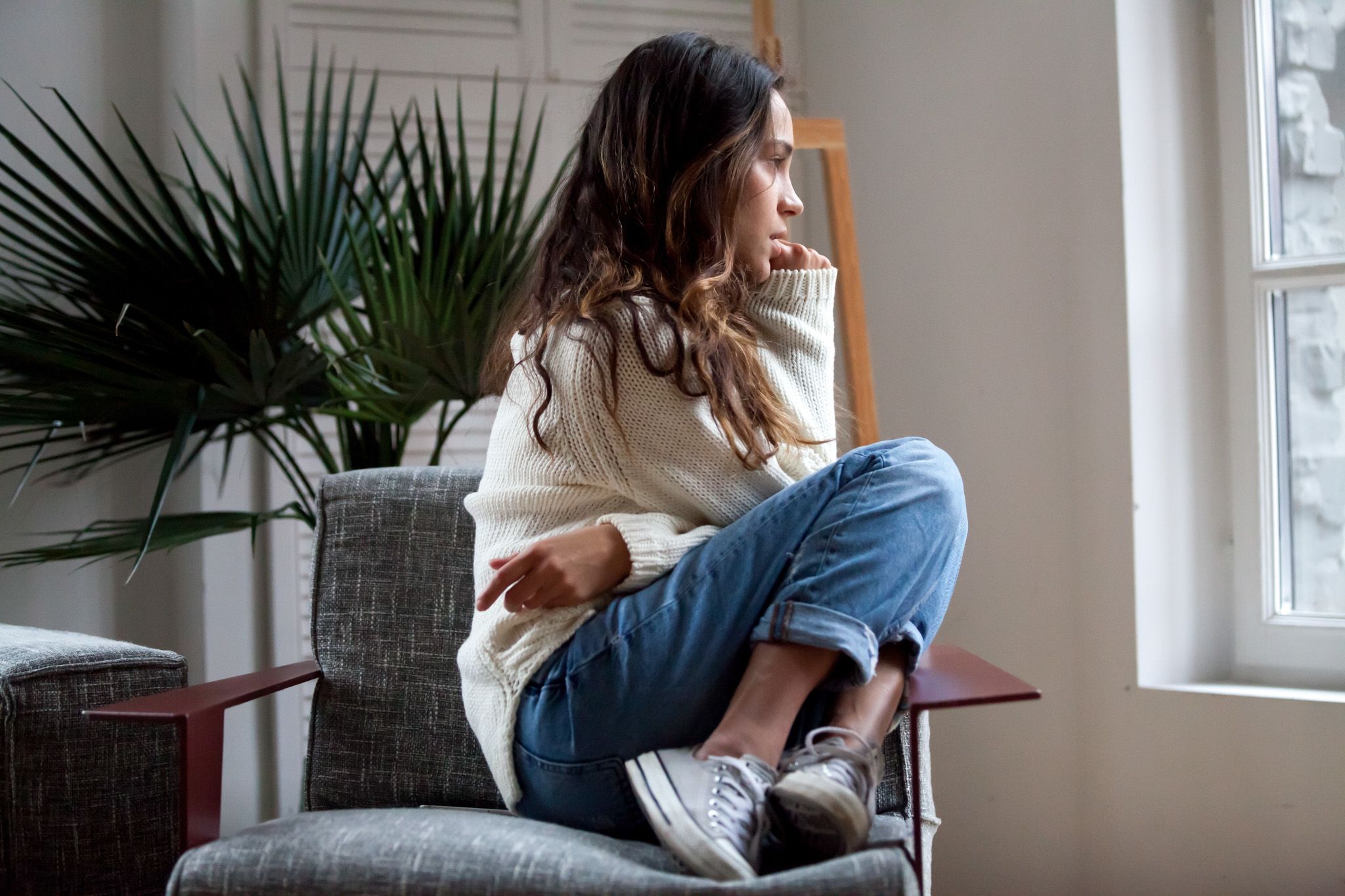
Coping with Anxiety: Effective Techniques for Managing Stress in Everyday Life
Anxiety is a common mental health concern that can manifest in various ways, from feeling restless or on edge to experiencing physical symptoms like a racing heart or muscle tension. At AD Psychotherapy, we understand how overwhelming it can be to navigate life when anxiety takes over. Learning how to cope with stress effectively can make a significant difference in daily functioning and overall well-being.
Below, we outline several effective techniques for managing anxiety and reducing stress that you can integrate into your everyday life.
1. Breathing Exercises: The Power of Deep Breaths
One of the quickest and easiest ways to calm anxiety is to focus on your breathing. When we feel stressed or anxious, our breathing often becomes shallow and rapid. By taking control of your breath, you signal to your body that it’s safe to relax.
How to Practice: Find a quiet space, and take a deep breath in through your nose for four seconds, hold it for four, and then exhale slowly for six seconds. Repeat this several times until you feel your body begin to relax. Practicing controlled breathing helps reduce stress hormones like cortisol and brings your focus back to the present moment.
2. Mindfulness and Grounding Techniques
Mindfulness involves paying attention to the present without judgment, a practice that has been shown to reduce anxiety. Grounding techniques, on the other hand, are specific strategies that can anchor you to the present during overwhelming moments of stress.
Try This Grounding Exercise: Use the 5-4-3-2-1 technique to engage your senses and bring your mind to the present. Start by noticing:
- 5 things you can see,
- 4 things you can touch,
- 3 things you can hear,
- 2 things you can smell,
- 1 thing you can taste.
By intentionally focusing on your surroundings, your mind is drawn away from the anxiety, giving you a sense of control over the moment.
3. Physical Activity: Move to Manage Stress
Exercise is a natural anxiety reliever. When we engage in physical activity, our body releases endorphins, the brain’s “feel-good” neurotransmitters. Regular exercise also improves sleep, boosts mood, and enhances overall energy levels, all of which contribute to reduced anxiety.
Practical Tip: You don’t have to hit the gym for hours. Even a 10–15 minute walk in nature, stretching, or doing light yoga can make a huge difference. The goal is to get your body moving and break the cycle of stress.
4. Time Management: Reduce Overwhelm
Anxiety often spikes when we feel like we’re losing control of our day. Poor time management can make simple tasks feel daunting. By planning and organizing your time more effectively, you can reduce stress and increase productivity.
Try This: Break large tasks into smaller, manageable steps. Set realistic deadlines and prioritize what needs to be done. Additionally, don’t forget to schedule short breaks to prevent burnout and give your mind some rest.
5. Cognitive Behavioral Therapy (CBT) Techniques
Cognitive Behavioral Therapy (CBT) is one of the most effective treatments for anxiety. At AD Psychotherapy, our clinicians use CBT to help clients identify and challenge negative thought patterns that fuel anxiety.
A Simple CBT Exercise: The next time an anxious thought arises, ask yourself:
- Is this thought based on facts or feelings?
- What evidence do I have that supports or contradicts this thought?
- Is there a more realistic or helpful way to look at this situation?
Challenging unhelpful thoughts can reduce their hold on your emotions, helping you view stressful situations more objectively.
6. Seek Professional Support
If anxiety is significantly interfering with your ability to function, professional support can be invaluable. AD Psychotherapy offers evidence-based therapies tailored to individuals dealing with anxiety and other mental health challenges. Our clinicians work with you to develop personalized coping strategies and provide support through various treatment options, including Cognitive Behavioral Therapy (CBT) and Intensive Outpatient Programs (IOP).
Final Thoughts
Coping with anxiety is an ongoing process that involves experimenting with different techniques to see what works best for you. By practicing mindfulness, managing your time, engaging in physical activity, and seeking professional support when needed, you can regain control over your anxiety and reduce its impact on your daily life. Remember, you don’t have to manage anxiety alone—AD Psychotherapy is here to help you every step of the way.
If you or someone you know is struggling with anxiety, contact us today to learn more about our treatment options.